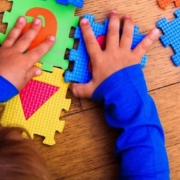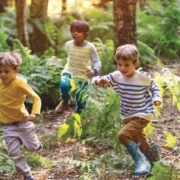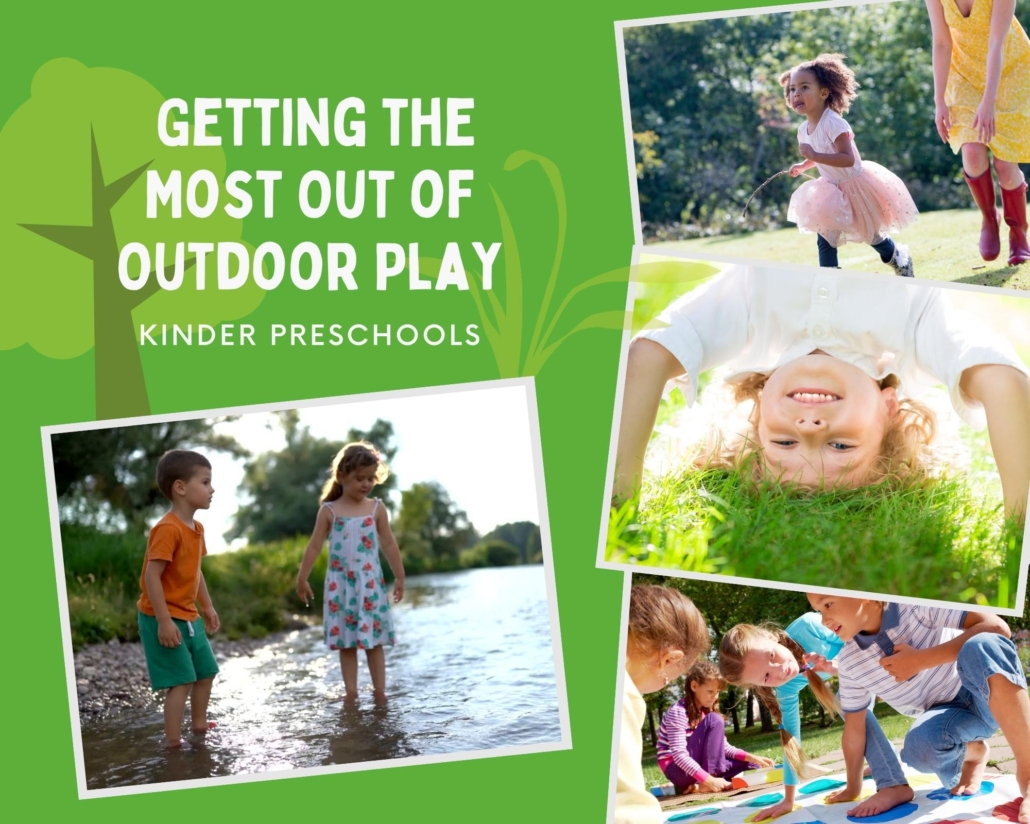Are you eligible for free childcare? We can help you check…
At Kinder Preschools, we often have parents asking us for help navigating the (sometimes) confusing world of accessing government-funded childcare.
- Is your child eligible from 2 years of age?
- Can your child access more than the 15 hours of universal childcare for 3 and 4-year-olds?
- My child has just turned 3, why do I have to wait until the start of a new term to access funding?
These are all common questions – so don’t worry if you are having problems understanding it all.
Here at Kinder Preschools, we are happy to walk you through the process. Hopefully, once we do, you’ll decide to place your child with us! However, we are happy to help nonetheless.
So if you have any queries or questions at all (no matter how big or small!) – or even if you are planning well ahead for a newborn child, do reply via email here, call us here, or drop us a quick WhatsApp here.
We are on hand to provide personalised one-to-one care so that you understand your entitlement and that you are best positioned to make an informed choice for your childcare!
Here is the latest COVID policy update:
Covid 19 guidance changed as of 24th February. However the virus is still prevalent and can still seriously affect vulnerable individuals.
The virus can be spread easily amongst children. We will continue to follow the Government advice and require anyone with COVID symptoms to get a PCR test. Symptoms are high temperature 38+, cough, loss of smell and/or taste.
Where children display these symptoms at nursery we will ask you collect and get a PCR test. If the result is positive you will be asked to stay off nursery for 5 consecutive days minimum. If your child is well enough to return to nursery on day 6 they may do so with evidence of a negative LFT taken on day 5 and 6.
Please note that children may be sent home with other sickness/illness that is not covid. The management team will determine whether a child is well enough to be at nursery.
The nursery will continue to implement increased hygiene measures including frequent hand washing, teaching children effective hand washing, frequent touch point cleaning and regular disinfecting of toys and surfaces.





